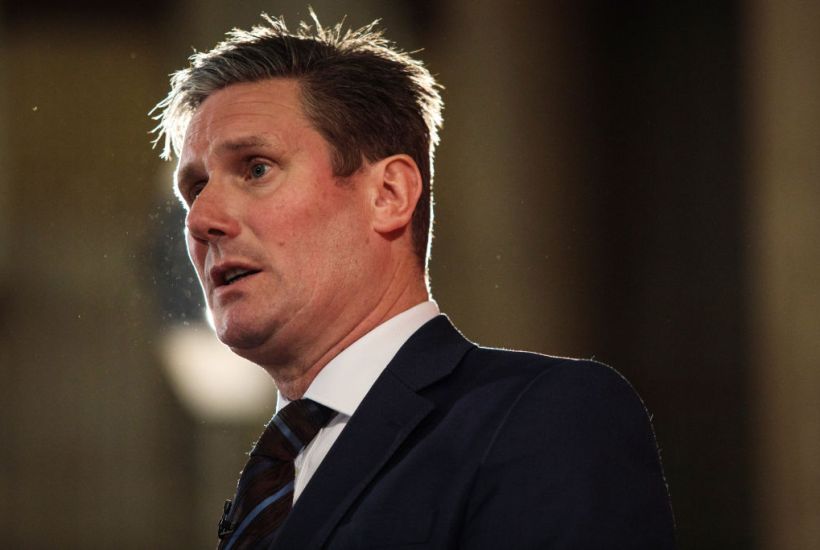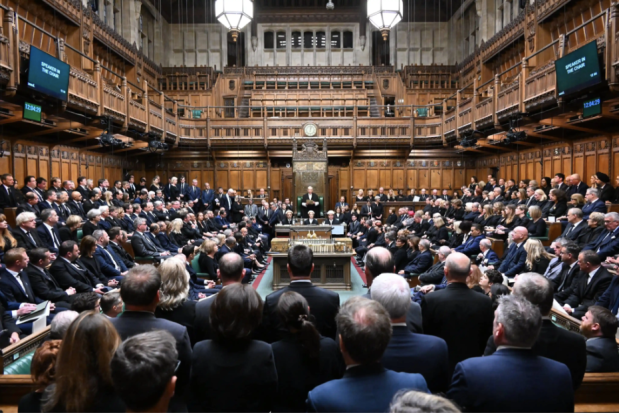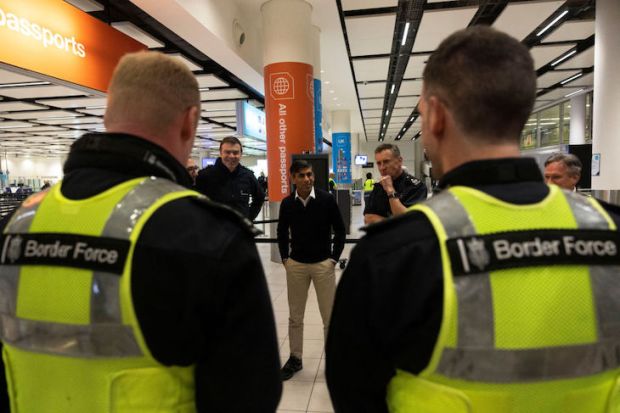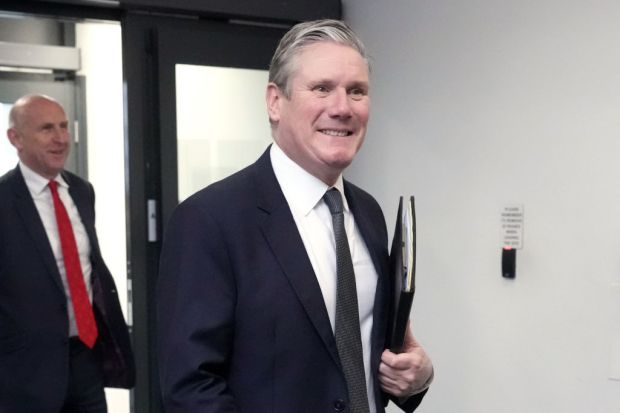Labour conference has been pretty strange so far. Not the sort of strange that parties in opposition get comfortably used to: eccentric stalls in the conference centre, frontbenchers sounding off about their own pet projects that directly contradict what the leader is up to, or fights between members on the conference floor (sometimes involving inflatable animals to get more attention). But strange because of the absence of those things, and a seriousness that has quite visibly changed the demeanour of most people in Liverpool.
Yes, there are gripes from the conference floor about Keir Starmer not turning up to picket lines, but the membership is upbeat and largely supportive of the Labour leader. This is in part because so many members have left the party in recent months – around 90,000 – and most of those fleeing were Corbynite types who were deeply unhappy at the new leadership. This has changed the atmosphere at conference, to the delight of party staffers who have also spent months ejecting members for disciplinary matters. The drop in members might look from the outside to be a sign of failure, but within the leadership it is regarded as a success as people who weren’t, in their view, really Labour have gone. One former strategist told me this was the first time in years they hadn’t felt worried they would get shouted at by fellow delegates.
There is a strange new poise among the frontbench. Yesterday I attended a fringe meeting where David Lammy was the main speaker. The shadow foreign secretary didn’t shout once. In previous years he would have been full of bombast, thumping a table for emphasis and even praising the campaigning tactics of Nigel Farage. This year, the most animated he got was when he interrupted a speaker from the floor to insist that Labour would not, as they were suggesting, be bringing the Department for International Development back in its original form. He warned that this would create ‘massive inertia’ from the outset. It was so passionately sensibly boring. It was almost as if frontbenchers are really thinking seriously about what might actually work in government.
The confidence that Labour really could win the next election cropped up again at a fringe last night where Lisa Nandy, shadow levelling up secretary, was being interviewed. She was asked by one member why Labour wasn’t working on a strategy to stay in power beyond its first term. ‘This is a movement that has recovered its confidence,’ she said. ‘That’s how we’re going to win.’
But despite this and the record poll lead that YouGov puts the party on, the confidence is, when you talk privately to frontbenchers, not all that deep. Yes, they are serious about winning now. Yes, they are more prepared to ignore noises off in the party. But enough of them were burned by the supreme confidence of one of their colleagues, Ed Miliband, that he was going to win in 2015 that they just can’t believe it might happen for them this time.
I suspect that the hesitation many of them feel is in part because while Starmer introduced himself last year, he hasn’t yet really given a clear vision of what he wants to do with Britain, other than not messing things up like the party Labour hopes to displace from office. The most worrying noises come from those complaining about tensions in the top team over how much emphasis to place on this, that, the other, including the laughable (and now ditched) plan to make the Labour logo’s red rose a botanically impossible and politically weird green. Miliband, who was technically moved sideways in Starmer’s most recent reshuffle, is still never far away from the centre of power, and some advising Starmer fear he has become too confident. His crowd-pleasing speech in the hall yesterday didn’t allay those fears. But the real problem isn’t Miliband or other figures advising Starmer, it’s whether the leader himself knows what he wants to do, or is waiting for others to tell him. If this is his big flaw, then it’s much easier for the strange ideas to creep back in and for Labour to fail once again to convince voters that it’s a safe prospect for government.
Got something to add? Join the discussion and comment below.
Get 10 issues for just $10
Subscribe to The Spectator Australia today for the next 10 magazine issues, plus full online access, for just $10.





















Comments
Don't miss out
Join the conversation with other Spectator Australia readers. Subscribe to leave a comment.
SUBSCRIBEAlready a subscriber? Log in